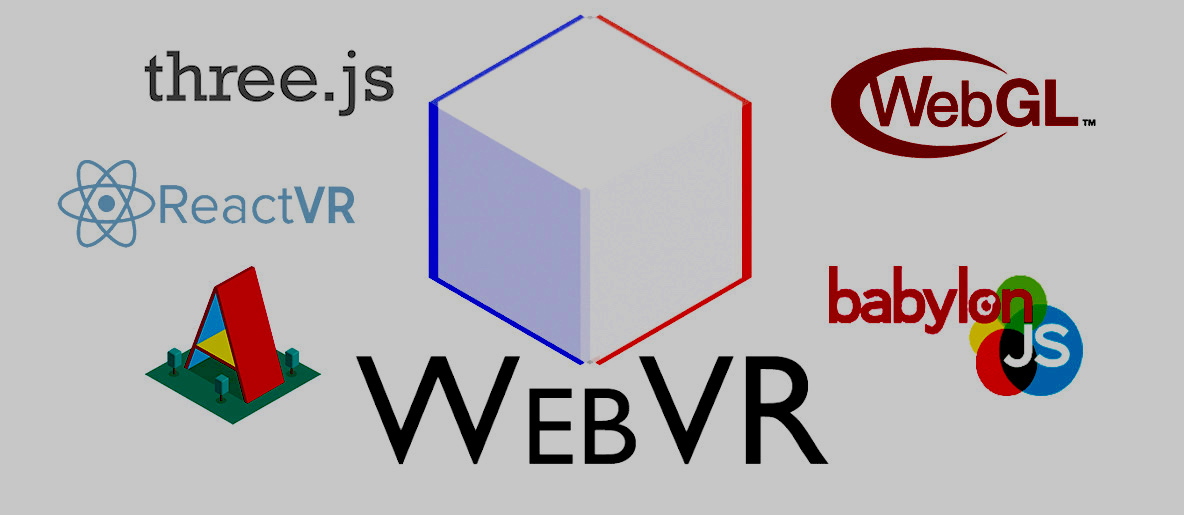Over the past few months we have seen a tremendous adoption of WebVR standard in developing VR content. Major browsers like Firefox and Chrome are rushing towards providing support for WebVR. Web frameworks such as AFrame and ReactVR abstract out all the complex implementation details from WebVR. They provide a simple development environment so that developers can totally focus on making awesome VR applications.
Whats even better is that based on these frameworks, a plethora of online platforms are coming up, which even allow artists and the dreamers to develop their virtual worlds without requiring any coding knowledge. Some of them from big players like Amazon Sumerian. At such a time, while it feels like WebVR can truly democratise VR content creation and distribution, the problems plaguing VR still remain. Content creators still need a solid analytics framework which can help them understand how users are reacting to their content.
Analytics for WebVR
With the near immediate build-deploy cycles that web based content allows, use of analytics to improve content and user experience becomes even more fruitful. Keeping this in mind, we are now releasing our javascript based SDK, which WebVR based content creators can use to capture analytics.
Availability
The javascript SDK is a combination of two individual SDKs, one for each AFrame and ReactVR frameworks. Both of them share a common core module which does most of the heavy lifting, with individual wrappers sitting on top of the core module. This allows the possibility to quickly and easily extend the SDK to other frameworks, if required by the developers.
The SDK is available in two ways, as a downloadable script what can be included in your html files, or as an npm package, which can be included within your builds.
Features
In terms of functionality, the Javascript SDK is on par with its Unreal and Unity counterparts. Once integrated, it collects the orientation, gaze and performance metrics by default. Developers can also register custom events which are specific to their content. In addition, data can be collected for both 3D model based interactive content as well as 360 media based content.
We also handle unforeseen events such as network failures by caching data locally, to make sure that the developers don’t miss any insights.
Performance
The SDK is developed with strict performance considerations in mind and as a result, it has minimal impact on performance once integrated. Even then, developers have an option to tweak different SDK parameters such as which events to collect by default, their collection frequency, frequency with which requests are made to the data server etc. to optimise for their content.
Integration steps
Developers need to create an account at www.vadr.io and register their application. They can then download our SDK and follow the analytics integration documentation to start analyzing. If your application is based on a platform other than AFrame or ReactVR, contact us and we will try our best to extend our SDK to cover your platform.
We hope that VadR Analytics with its Javascript SDK will help the development of great web based VR content.
